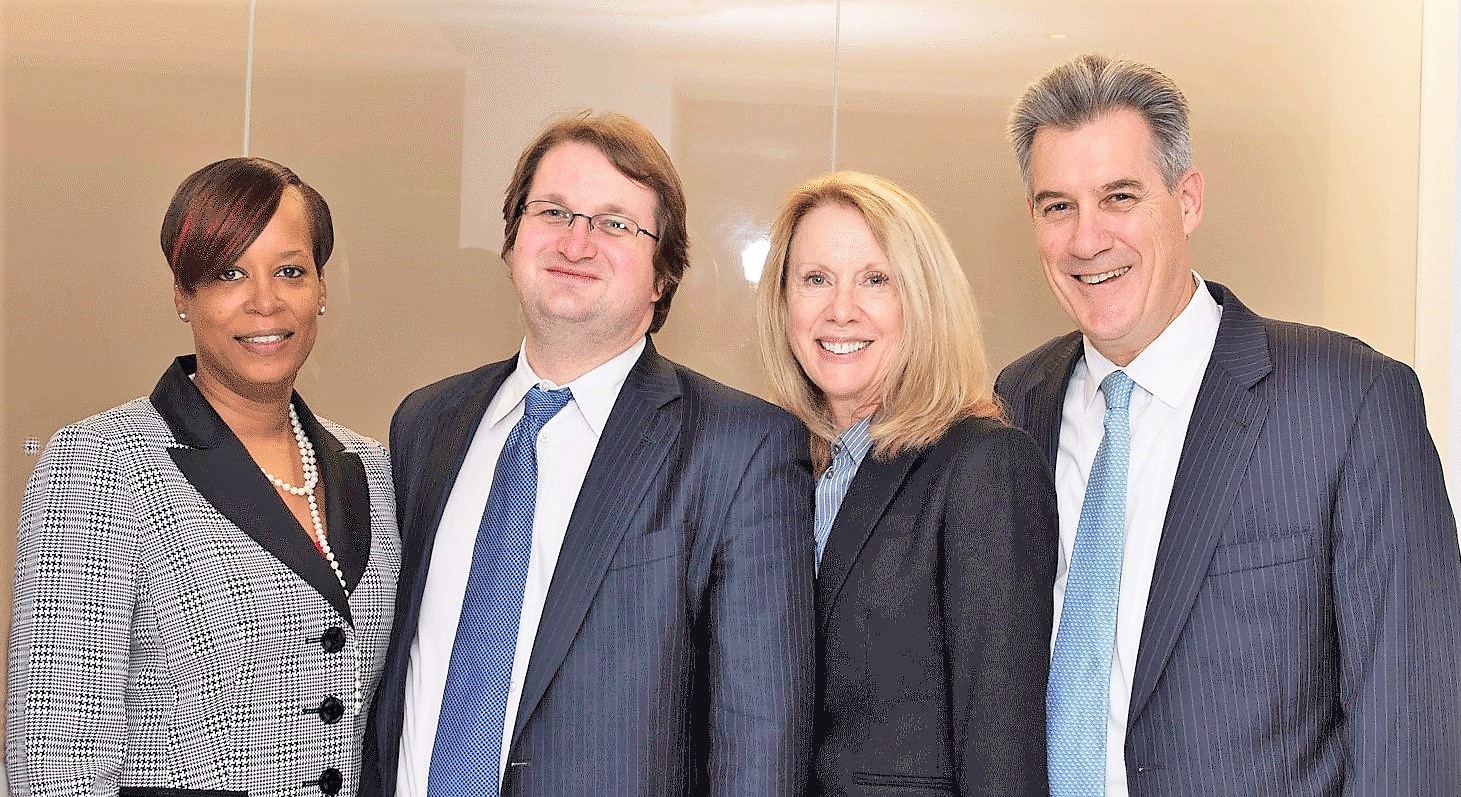Divorce FAQs
Boston Divorce & Family Law Lawyers — FAQs
Divorce – Frequently Asked Questions
- How much will I have to pay to get a divorce?
- What is property division?
- What will happen to the kids?
- What kind of support can I expect to receive, or pay?
- How long will the divorce process take?
- Should I file for divorce first, or should I let my spouse file first?
- What should I do if I suspect my spouse is hurting our children?
How Much Will I Have To Pay For A Divorce?
The cost of your divorce will depend on the facts and circumstances of your situation. A contested divorce — one that is resolved by going to trial — will usually cost more than an uncontested divorce. The price also depends on your Boston divorce lawyer’s billing rate. It is best to contact us to speak with an attorney about your specific case.
What Is Property Division?
In Massachusetts, the division of property is the act of equitably dividing marital assets during a divorce. Whether you have stock options, own a business, are involved in real estate, or have basic marital assets, Helen Holcomb is a Certified Financial Litigator. She and her team of Boston divorce & family law lawyers will tailor an approach using the relevant nuances of Massachusetts law to protect your interests.
What Will Happen To The Kids?
Custody of children after a divorce is one of the most important, and often one of the most emotionally charged decisions you and your spouse will make during the divorce process. Massachusetts favors a co-parenting solution, which shares the responsibility of raising the children between both parents. Of course, this arrangement does not always work for some families. Talk to a child custody attorney to discuss your familial situation and the best approach for you and your children.
What Kind of Support Can I Expect To Receive, Or Pay?
The financial aspects of a divorce are often the most challenging, as they are both statute – and situational – driven. For example, child support is calculated on a mathematical formula that calculates a suggested level of support based on a variety of factors. However, these are only guidelines and the amount you eventually receive, or be required to pay, can vary. Similarly, the amount of alimony and its duration can also vary depending on your situation. Helen Holcomb is a Boston divorce lawyer with more than 30 years of experience. She can help you arrive at the appropriate amount of support for your specific case.
How Long Will The Divorce Process Take?
The divorce process takes as long as necessary to reach an agreement with your ex-spouse regarding aspects of your post-marital situation, such as care of your children and division of property. If you and your spouse can easily agree on the terms of your divorce, it may take a few months. However, it can take up to a few years if your divorce is hotly contested and requires litigation.
Should I File For Divorce Or Should I Let My Spouse File First?
The timing of filing your divorce can be a strategic decision that may affect the final outcome. If you want intelligent guidance and realistic advice, we encourage you to schedule an appointment at our Boston family law firm. You will have all of your questions about the divorce process answered by an experienced lawyer.
What Should I Do If I Suspect My Spouse Is Hurting Our Children?
If you suspect your spouse is hurting your children, a domestic violence lawyer at the law firm Cunha & Holcomb, P.C., can help you obtain an abuse prevention order (restraining order) or harassment protection order. We have in-depth knowledge of the laws and requirements for obtaining a temporary or long-term order of protection. If you or your children are in immediate danger, we strongly encourage you to call 911.
Our Boston Divorce & Family Law Lawyers
At Cunha & Holcomb, we have experience representing clients in a broad spectrum of family law and divorce matters. No situation is too complex for our law firm to undertake.
Contact Us
Contact our firm at 617-523-4300 to schedule an initial consultation. One of our lawyers is fluent in French.

